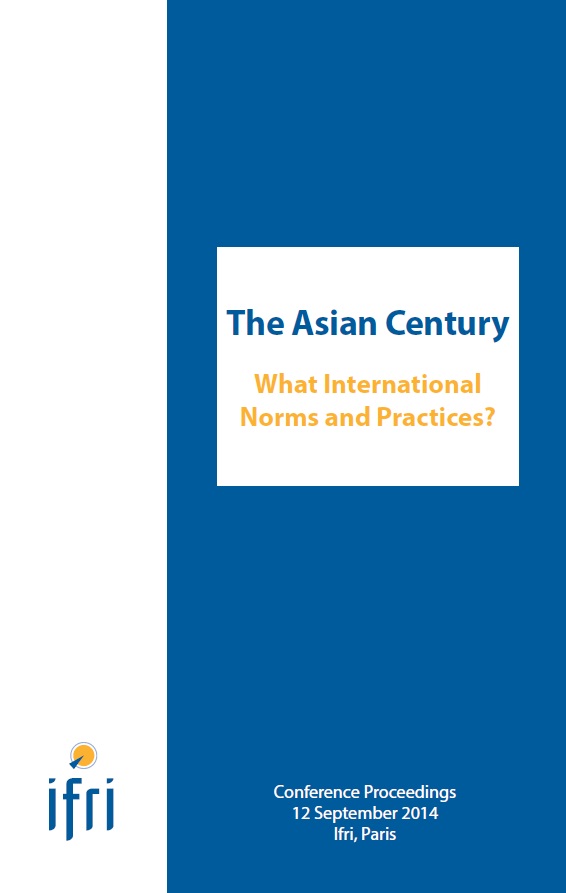
Practical information
Themes and regions
Related centers and programs
This is a private event.
Learn more about our corporate support packagesThe Ifri Center for Asian Studies is pleased to host a closed-door discussion with Taeho Bark, Professor at Seoul National University and former Minister of Commerce in South Korea (2011-2013), on the issues at stake in joining (or not) the Trans-Pacific Partnership Agreement (TPP).
Signed on 4 February 2016, the TPP has already begun shifting the calculus of trade policy in the Asia-Pacific, as well as globally. Yet we are only at the beginning of this process, and much will depend on the willingness of non-signatories such as Korea, Indonesia, Taiwan or even China to join the TPP, or at least to adapt their trade strategies accordingly. With his long experience informing and formulating Korean trade policy, Professor Bark will provide an analysis of the pros and cons of joining the TPP from a Korean perspective.
Discussion chaired by Françoise Nicolas, Director, Center for Asian Studies, Ifri
Speakers
Find out more

The Asian Century: What International Norms and Practices? Conference Proceedings, 12 September 2014
Asia is now a nerve center for global economic activity and a theatre of some of the most pressing security concerns of our time. So important has Asia become to global affairs today, and ostensibly for the decades to come, that many have already dubbed the 21st Century as the “Asian Century”.




